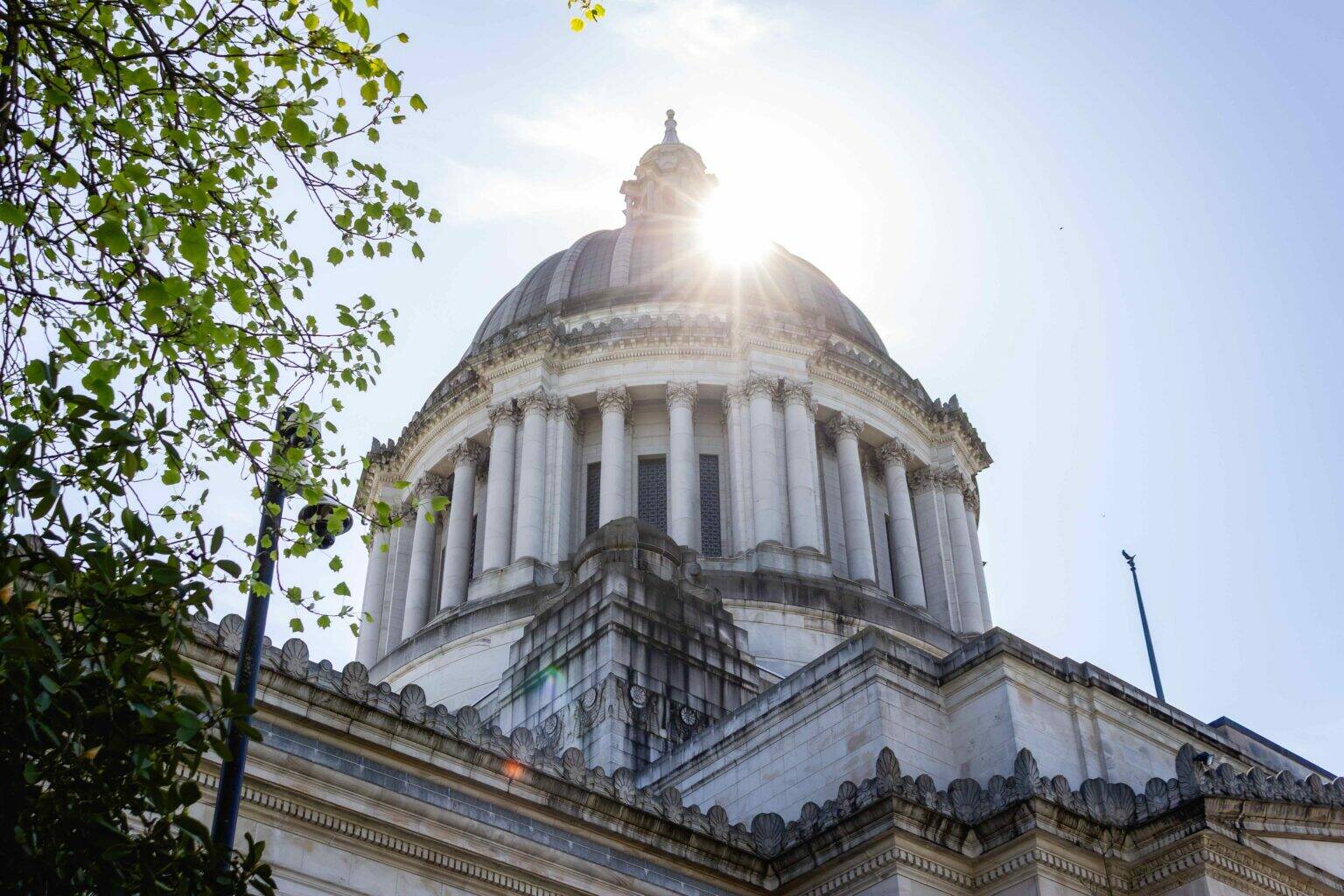Just weeks after signing a budget that relied on spending cuts and new taxes to balance, Washington Gov. Bob Ferguson is telling state agencies to tighten their fiscal belts even more.
The warning from the Democratic governor comes amid an increasingly gloomy budget outlook and underscores that the state’s financial difficulties are not over.
“We will very likely continue to face a challenging state budget environment in the coming year and anticipate increasing caseloads and ongoing uncertainty in the economy and federal funding,” reads a June 4 memo from Ferguson’s budget director to agency leaders and presidents of higher education institutions.
The letter penned by K.D. Chapman-See, director of the Office of Financial Management, precedes departments and colleges submitting funding requests that they hope Ferguson will support heading into next year.
Those submissions are due by Sept. 15. Ferguson will release his proposed spending plans in December and the Legislature will consider them in the 2026 session.
The letter says requests should only be for “critical and emergent costs” that cannot be covered within their existing budgets. It urges them to look for “additional options for efficiencies, reform, administrative savings, or reductions in non-essential services and programs.”
The tone of Chapman-See’s memo echoes a directive issued a year ago by her predecessor in which agency directors were told to focus on maintaining current programs, while not seeking money for new ones or expansions.
Five months later came the November memo that, for the first time, identified a projected budget shortfall between $10 billion and $12 billion over the next four years.
Once Ferguson settled into office, he started saying the chasm had widened to $16 billion.
Democrats used their majorities in the House and Senate to pass a two-year $78 billion budget that was balanced with spending cuts and billions of dollars in new and higher taxes. The tax package Democrats assembled totals around $9.4 billion over four years to fully cover the gap.
Ferguson, whose vetoes left the state with a little less savings, warned the fiscal situation could worsen when the next forecast of state tax collections is released on June 24.
On Tuesday, Washington chief economist David Reich offered a sense of what to expect when he delivered his quarterly review of the economy to the Economic and Revenue Forecast Council, a bipartisan panel of state lawmakers and agency executives, including Chapman-See.
It didn’t sound good. Tax collections are coming in lower than predicted in March. Uncertainty surrounding tariffs, trade and federal policies are having a chilling effect on exports, consumer spending, and general activity across many sectors.
While there was an uptick in sales of new vehicles, Reich said, it might have been folks rushing to beat new or higher tariffs. Sales of expensive properties generated a few more dollars than anticipated, he said. But new housing starts are behind March projections.
Prior to his presentation, the council adopted a new four-year outlook showing Washington will have less money on hand at the end of the next budget cycle than previously estimated.
The state will have an ending balance of $80 million in its main operating account at the end of the 2025-27 biennium, down from the $225 million penciled in before lawmakers approved the budget in April. Projections show the operating account will be in the red to the tune of $56 million in the 2028 fiscal year before rebounding to a positive sum by July 1, 2029.
Washington isn’t in any immediate budget danger and has more than $2 billion in emergency reserves.
Still, Chapman-See said the financial situation is why agencies are being pressed to further reduce spending. And, she said, it is anticipated that travel, hiring and contracting freezes imposed this fall will remain in place.
Democratic budget writers from the House and Senate who serve on the council said there’s nothing for lawmakers to do, yet.
“I’m not sure what we can do before January,” said Sen. June Robinson, D-Everett, the lead budget writer in the Senate. “There are a lot of pieces of information that will be collected and considered, including what the federal government might do between now and then.”
Talk to us
> Give us your news tips.
> Send us a letter to the editor.
> More Herald contact information.

























